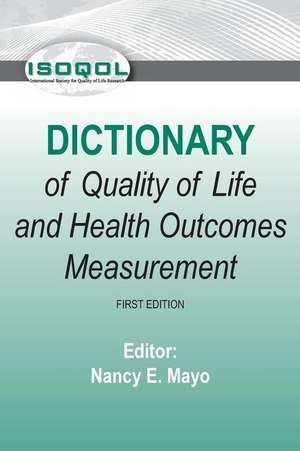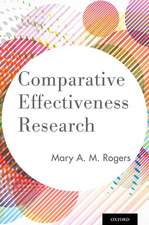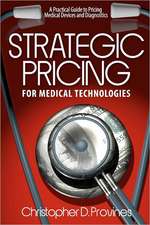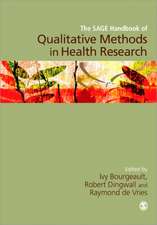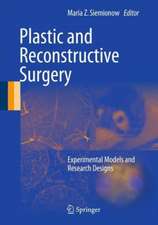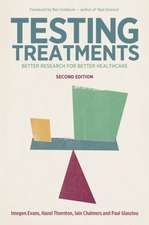Isoqol Dictionary of Quality of Life and Health Outcomes Measurement
en Limba Engleză Paperback
Preț: 123.57 lei
Preț vechi: 130.07 lei
-5% Nou
Puncte Express: 185
Preț estimativ în valută:
23.65€ • 25.68$ • 19.86£
23.65€ • 25.68$ • 19.86£
Disponibil
Livrare economică 01-15 aprilie
Preluare comenzi: 021 569.72.76
Specificații
ISBN-13: 9780996423106
ISBN-10: 0996423109
Pagini: 186
Dimensiuni: 152 x 229 x 10 mm
Greutate: 0.25 kg
Editura: Isoqol
ISBN-10: 0996423109
Pagini: 186
Dimensiuni: 152 x 229 x 10 mm
Greutate: 0.25 kg
Editura: Isoqol
Notă biografică
Nancy E. Mayo, PhD Nancy Mayo is a Professor at McGill University in the Department of Medicine, Division of Clinical Epidemiology, and School of Physical and Occupational Therapy. Born in Ottawa, Ontario, Canada, she trained as a Physical Therapist at Queen's University, and after several years of working clinically, she completed a doctoral degree in Epidemiology and Biostatistics, at McGill University. She has been educating health professionals and clinical researchers for over 25 years and has published over 200 scientific works in the peer reviewed medical literature as well as contributing to collective works such as Medical Uses of Statistics 4th Edition (Ed. Bailar and Hoaglin) and Physical Rehabilitation Outcome Measures (Finch, Brooks, Stafford, Mayo). Mayo has also written a number of scientific papers specifically related to education on research methods and statistics. The Dictionary of Quality of Life and Health Outcomes Measurement was inspired by students and was assembled as a way of helping novices and experts alike to "speak the same language" about measuring these important health outcomes; essentially, the intent was to improve the research-related quality of life of people working in this important field.
